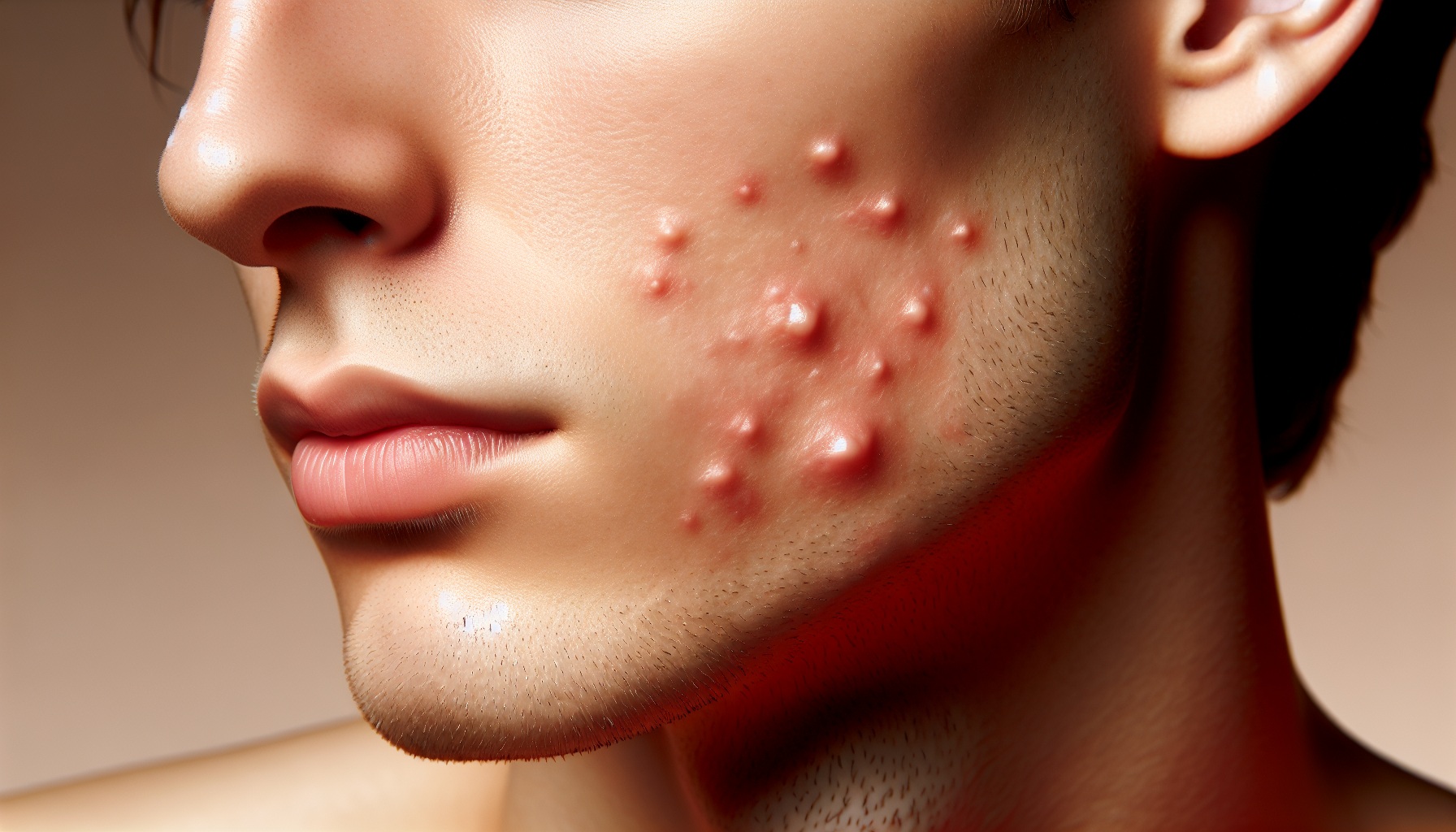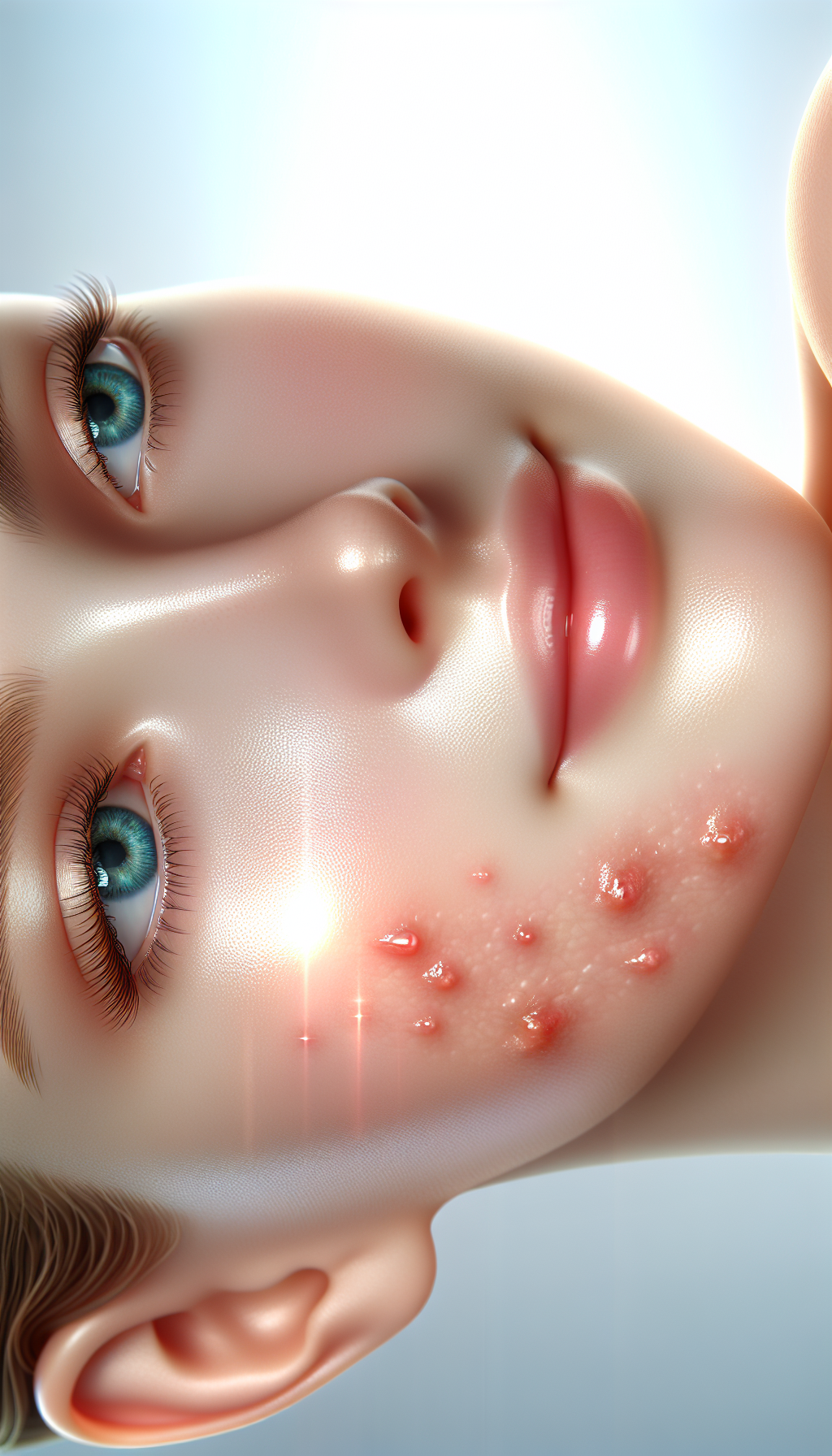Acne scars are a common concern for many individuals, presenting not only a physical mark but often an emotional burden as well. The journey to improving the appearance of acne scars can be challenging, but with the right skin care treatments and a comprehensive approach, it is possible to achieve smoother, healthier-looking skin. This article will delve into various professional and at-home treatments that can help reduce acne scars and enhance the skin’s overall texture and appearance.
Understanding Acne Scars
Before diving into treatments, it’s essential to understand what acne scars are and how they form. Acne scars occur when the skin’s healing process is disrupted, often due to severe acne that affects the deeper layers of skin. There are different types of acne scars, including atrophic scars, which create depressions in the skin, and hypertrophic or keloid scars, which result in raised tissue.
The appearance of acne scars can be influenced by several factors, including the severity of the acne, genetics, and skin type. Therefore, a tailored approach to treatment is crucial. For comprehensive information on skin health and its complexities, visit Avix Health’s detailed guide on skin health.
Professional Skin Care Treatments for Acne Scars
Microneedling
Microneedling is a minimally invasive procedure that involves using fine needles to create micro-injuries in the skin. This process stimulates the body’s natural healing mechanisms, promoting collagen production and leading to an improved skin texture. For an in-depth look at how microneedling can benefit skin health, read The Impact of Microneedling on Skin Health.
Laser Therapy
Laser therapy uses focused light to target scar tissue and encourage new skin cell growth. Various types of lasers are available, with some designed to resurface the skin and others aiming to reduce redness or improve skin tone.
Chemical Peels
Chemical peels involve applying a chemical solution to the skin to remove the outer layers, allowing new, smoother skin to emerge. Depending on the scar depth and severity, different strengths of peels are used.
Steroid Injections
For hypertrophic or keloid scars, steroid injections can help flatten and soften the raised scar tissue, making them less noticeable.
At-Home Treatments and Daily Skin Care
In addition to professional treatments, at-home care plays a vital role in managing acne scars.
Topical Treatments
Several over-the-counter and prescription creams, gels, and serums can help reduce the appearance of acne scars. Ingredients to look for include retinoids, alpha hydroxy acids (AHAs), and vitamin C.
Sun Protection
Sun exposure can darken scars and make them more noticeable. Using a broad-spectrum sunscreen is crucial for protecting the skin and preventing further discoloration. For more on the importance of sun protection, refer to Understanding the Need for Sun Protection Factor in Lip Care.
Consistent Skin Care Routine
Maintaining a consistent skin care routine with products tailored to your skin type can support the healing process and prevent new scars from forming. This includes gentle cleansing, moisturizing, and the use of skin toners. Learn about the daily benefits of toners in Benefits of Using a Skin Toner Daily.
Lifestyle Factors and Holistic Approaches
Diet and Nutrition
A healthy diet rich in vitamins and minerals can support skin health and repair. Foods high in antioxidants, such as fruits and vegetables, can help protect the skin from damage.
Stress Management
High stress levels can exacerbate acne, potentially leading to more scarring. Incorporating stress-reducing activities like exercise, meditation, or yoga can have positive effects on your skin.
Adequate Sleep
Sleep is when the body undergoes repair and regeneration. Ensuring you get enough quality sleep can aid in the healing of acne scars.
External Resources for Further Reading
To expand your knowledge and explore more niche resources on addressing acne scars, consider the following:
- An extensive review on the types of acne scars and their treatments
- A study on the psychological impact of acne scars
- Guidance on choosing the right type of sunscreen to protect scarred skin
- Research on the benefits of a healthy diet for skin repair
- An exploration of stress and its effects on skin conditions
Conclusion
Addressing acne scars requires a multifaceted approach that includes professional treatments, consistent at-home care, and a consideration of lifestyle factors. By understanding the type of scars you have and how they form, you can work with a dermatologist to develop a personalized treatment plan. Remember, while the physical aspects of acne scars are tangible, the emotional effects are just as real, and taking proactive steps towards treatment can have a profound impact on overall well-being. With patience, persistence, and the right combination of therapies, improving the appearance of acne scars is an achievable goal.



